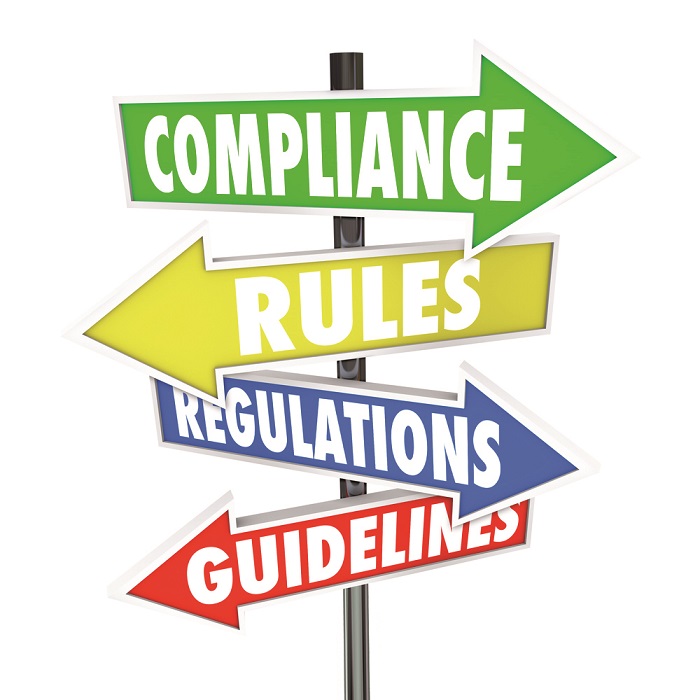This second principle is designed to ensure the pharmacy team is adequately trained to carry out pharmacy services and safeguard patient safety. Staff should ensure that the health, safety and wellbeing of patients is paramount. As a member of staff you should also be empowered to raise any concerns you may have in relation to this.
Every pharmacy should have the right level of staff to effectively manage the number of patients they have daily, as well as appropriately skilled staff to ensure that a safe and effective service is delivered. There should also be contingency plans to cover for unplanned staff absence.
Staff should be qualified to the level required for their role and be able to demonstrate it through their training records. An inspector may require you to discuss your qualifications, produce any training certificates as required and demonstrate some of your knowledge.
Think about what training you have done outside of any professional qualifications, for example:
- Counter Excellence
- Product training
- Numark workshops
- Manufacturer workshops
- Articles you have read
Inspectors will be looking at how well you can articulate what you have learnt from any training you have completed. They may also ask what other training you want to do in the future. For those pharmacies based in England you could look at working towards achieving Healthy Living Pharmacy status. Irrespective of whether the pharmacy is working towards Healthy Living Pharmacy status, the training is very useful as it provides a framework to help pharmacies deliver high quality services, reduce any health inequalities in the area and promote healthy lifestyles.
A clear training plan for every member of staff and demonstration that staff do additional training over and above the requirements for their role, may help a pharmacy achieve a better rating.
To safeguard patient safety, there should be plans in place to deal with staff holidays or absences. This means that staff rotas should be planned in advance to manage any known absence and ensure the right skill mix in the pharmacy is maintained. What system do you have for requesting holiday?
The GPhC encourage an environment of openness and a no blame culture, which means that there should be regular staff meetings and appraisals (performance reviews). These provide the opportunity for staff and managers to communicate and provide feedback. Whilst appraisals should be formal, staff meetings could be informal such as having a meeting over lunch time or a coffee break.
An inspector might also ask how members of staff can make suggestions to improve the pharmacy and the services it offers to its patients. One idea is to have a suggestions or good idea box which allows staff a vehicle to communicate their ideas.
There are a number of standards that run across several of the principles, one being whistleblowing. If you are unfamiliar with what whistleblowing is, the Royal Pharmaceutical Society define it as:
"disclosing information to an employer or where appropriate a regulator, police or the media about malpractice, wrong doing or safety."
 An inspector may ask you to describe what you would do if you suspected someone in the pharmacy was not following procedures and putting patients in danger. You have a duty of care to report any concerns to your manager whether that be the pharmacist, superintendent or pharmacy owner. If it is a person in authority within the pharmacy that you have concerns about you should speak to another person within the company that is of managerial level e.g. superintendent, pharmacy owner or the freedom to speak up guardian.
An inspector may ask you to describe what you would do if you suspected someone in the pharmacy was not following procedures and putting patients in danger. You have a duty of care to report any concerns to your manager whether that be the pharmacist, superintendent or pharmacy owner. If it is a person in authority within the pharmacy that you have concerns about you should speak to another person within the company that is of managerial level e.g. superintendent, pharmacy owner or the freedom to speak up guardian.
Each pharmacy should have a whistleblowing policy in place and every member of staff should be aware of the policy and know what to do if they have any concerns; refer to Counter Excellence, Whistleblowing.
